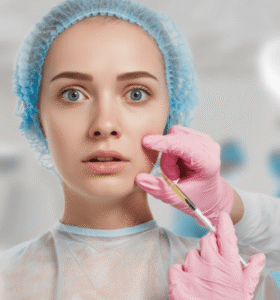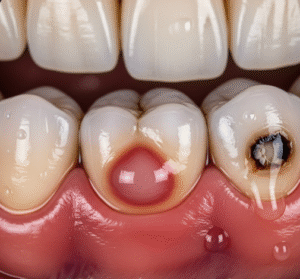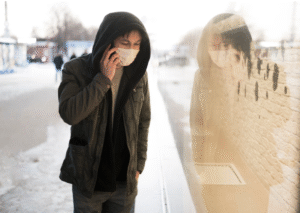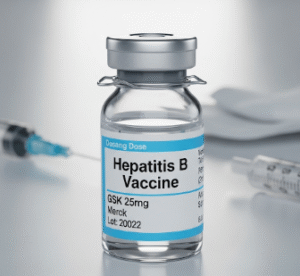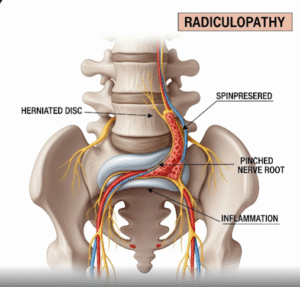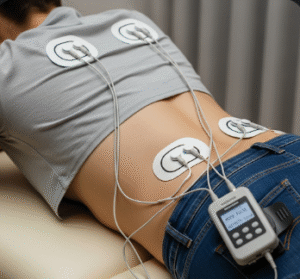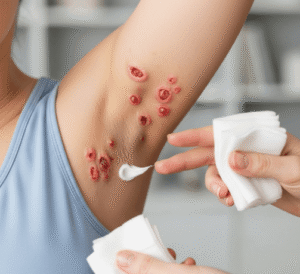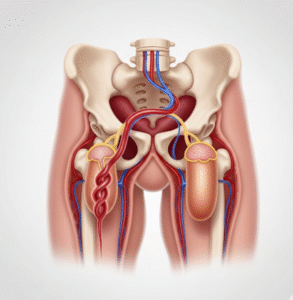Overview
Gonorrhea, commonly referred to as “the clap,” is a sexually transmitted infection (STI) caused by the bacterium Neisseria gonorrhoeae. It is one of the most common STIs worldwide, including in South Korea, and primarily spreads through unprotected sexual contact. Early detection and treatment are important to prevent complications and transmission.
What is Gonorrhea (Clap)?
Gonorrhea is an infection that affects the mucous membranes of the reproductive tract, rectum, throat, and eyes. In South Korea, gonorrhea is a notifiable disease, and patients receive care under national public health guidelines. It often goes undiagnosed in its early stages because many people have no symptoms.
Symptoms
- In Men:
- Painful urination
- Pus-like discharge from the penis (yellow, green, or white)
- Swelling or pain in the testicles
- In Women:
- Increased vaginal discharge
- Pain during urination
- Vaginal bleeding between periods
- Pelvic or abdominal pain
- Other Symptoms:
- Rectal pain, discharge, or bleeding (if infected anally)
- Sore throat (if oral infection occurs)
- Eye redness and pain (if conjunctival infection occurs)
Causes
- Caused by the bacterium Neisseria gonorrhoeae
- Transmitted through unprotected vaginal, anal, or oral sex
- Can also spread from mother to child during childbirth
Risk Factors
- Having multiple sexual partners
- Engaging in unprotected sex
- History of other sexually transmitted infections (STIs)
- Young adults (ages 15–30) are at higher risk
Complications
- In Women: Pelvic inflammatory disease (PID), infertility, ectopic pregnancy
- In Men: Epididymitis, infertility
- In Both: Increased risk of contracting HIV
- Disseminated gonococcal infection (DGI) — can affect joints, skin, or heart
Prevention
- Use of condoms during sexual activity
- Regular STI screening for sexually active individuals
- Limiting the number of sexual partners
- Prompt treatment of both partners if infection is diagnosed
Treatment Options in Korea
In South Korea, gonorrhea is treated following strict national guidelines to prevent antibiotic resistance.
- Diagnosis: Laboratory testing with urine samples, swabs from genital, rectal, or throat sites
- Treatment:
- Standard therapy is ceftriaxone injection combined with oral azithromycin or doxycycline
- In resistant cases, alternative antibiotics may be prescribed
- Partner treatment: Both patient and sexual partners must be treated to prevent reinfection
- Follow-up: Retesting after treatment is often recommended
- Specialized Care: STI clinics in Seoul, Busan, and other major cities offer confidential diagnosis and treatment services


